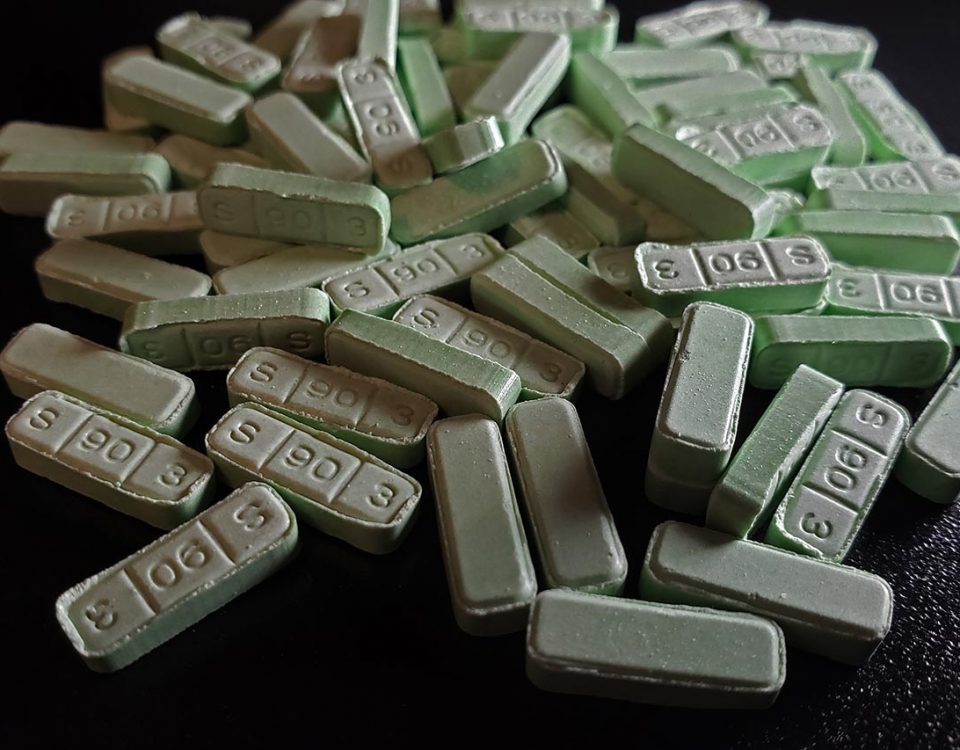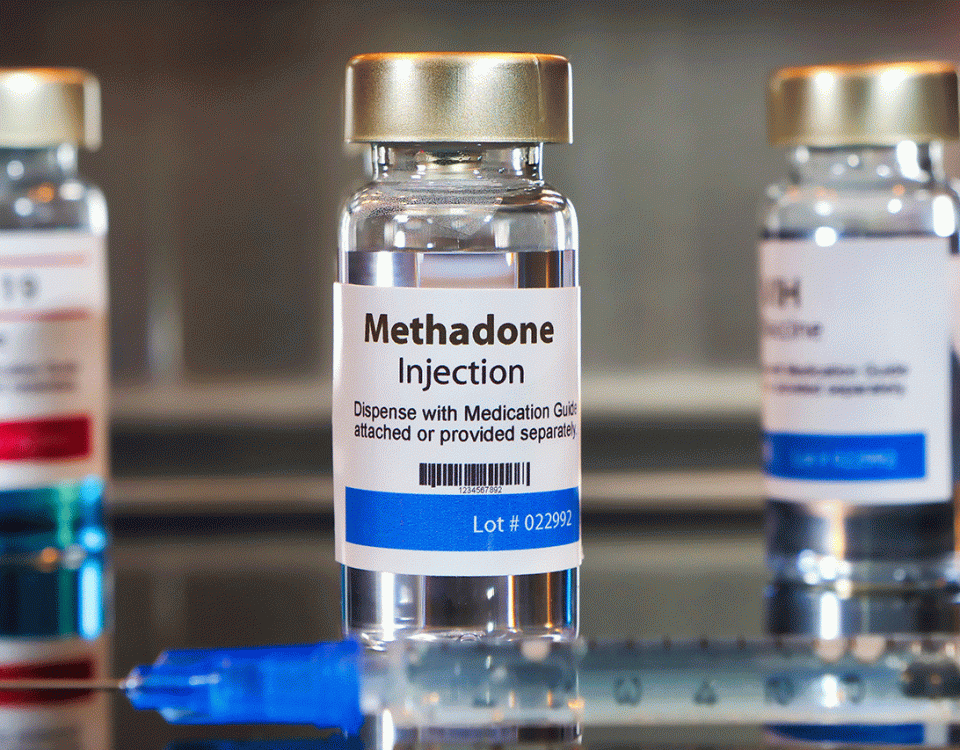You have probably watched in amusement as a friend gets visibly drunk after one drink or watched another friend knock several drinks back without any problems. For some people, one drink is enough to leave them feeling buzzed while other people may need several before they feel anything. Drinking is different for everyone and a lot of it depends on a person’s tolerance to alcohol. Banyan Treatment Centers Massachusetts explores the meaning of this phrase, the factors that influence it, how it relates to addiction and ways to lower it if it becomes unmanageably high.
What Is Alcohol Tolerance?
Alcohol tolerance refers to the body’s response to alcohol and the effects that alcohol has on them. A person’s tolerance to alcohol can range from high to low and may also vary over time. Generally, the greater amount you drink and the more frequently, the higher your alcohol tolerance, but there are other factors at play. In other words, a person who drinks every day is much less likely to feel the effects this habit then someone who only drinks on occasion. Alcohol tolerance may also lead to alcohol dependence, and those who struggle with their drinking should get alcoholism treatment as the long-term effects of alcohol can be severe.
A person’s tolerance to alcohol depends on several factors including:
- Drinking habits
- Weight
- Gender
- Genetics & family history
- Health
As a person drinks more alcohol on a regular basis, the body will adjust to compensate for the increased amount of alcohol in its system. The liver will produce larger amounts of enzymes that break down the alcohol and the brain will suppress the function of certain neurotransmitters so that the effects of alcohol are not as strong. In general, the more a person weighs, the higher their alcohol tolerance will be as well. There is also evidence to support that men have a higher tolerance to alcohol than women which may be attributed to a gender difference in body water content.1
Is Alcohol Tolerance Genetic?
Some of the differences in alcohol tolerance may also be attributed to a person’s genetics or family history. Some research suggests that people with a family history of alcoholism may have a higher tolerance than normal.2 Of course, health can also play a large role in how a person experiences the effects of alcohol. Because individual reactions might differ greatly even within the same family, relying just on genetics and family history to predict alcohol tolerance is not always reliable. In the end, comprehending alcohol tolerance requires considering a variety of genetic, environmental, and physiological factors. When using alcohol, people must be mindful of their personal limitations and make thoughtful decisions.
Alcohol Tolerance vs. Alcohol Dependence
While some people may use alcohol tolerance and alcohol dependence interchangeably, the two terms are different. Alcohol tolerance refers to the body’s response to alcohol and can be high or low. Alcohol dependence is often related to high alcohol tolerance, but it specifically relates to the point at which a person’s body becomes reliant on alcohol and experiences withdrawal without it. Those with a high alcohol tolerance can drink a lot without experiencing dramatic effects, but they may not be dependent. Those who are dependent on alcohol may likely have a high tolerance for years of heavy drinking, but they also begin to crave alcohol when they are without it. When dependence develops, it is important to enlist the help of a facility like our Massachusetts addiction treatment center before your drinking problems begin to negatively impact other aspects of your life.
The Dangers of High Alcohol Tolerance
While some people brag about their high alcohol tolerance, this is not something worth celebrating. While a low alcohol tolerance may get people drunk faster, these people may not be at risk like those with high alcohol tolerance.
A high alcohol tolerance can be dangerous for several reasons. For one thing, a high alcohol tolerance can give the false assumption of safety. Those who drink but do not appear drunk may be more inclined to engage in activities that they shouldn’t such as driving. While they may not seem that intoxicated, their motor skills and reflexes are still impaired. Those with a high alcohol tolerance will also drink more alcohol in order to feel the same effects. This heavy drinking, especially over time, can lead to serious health problems that those who drink less may be able to avoid. Unfortunately, increased tolerance can also lead to dependence as the drinker continually has to ingest more alcohol to feel the effects of alcohol.
How to Lower Alcohol Tolerance
Adopting specific habits and modifications to one's lifestyle is necessary to reduce alcohol tolerance. First off, reducing frequent alcohol consumption is one of the best strategies to achieve a low alcohol tolerance level. Chronic, excessive drinking can result in a slow rise in tolerance, requiring more alcohol to produce the intended effects. The body's sensitivity to alcohol can be gradually recovered by decreasing alcohol use and exercising moderation. To stop tolerance from rising, it's critical to establish personal boundaries and refrain from overindulging.
Second, adopting a healthy lifestyle can lower one's alcohol tolerance. Getting regular exercise, consuming a balanced diet, and getting enough sleep are all crucial components. Exercise can boost metabolism, which can improve how well the body processes alcohol. A wholesome, healthy diet improves well-being overall and may assist in mitigating the harmful effects of alcohol on the body. Additionally, obtaining adequate sleep promotes optimal bodily function and healing, which may lead to a decrease in alcohol tolerance. Combining these lifestyle changes can assist people in lowering their alcohol tolerance level while also enhancing their overall health.
Because drinking is socially acceptable, it is easy to get carried away, but our Banyan rehab in Massachusetts offers a variety of addiction therapy programs that can directly address any contributing factors of your dependency. Treatment is also available at different levels of care, ensuring that each patient receives the most suitable attention for their personal needs. If you believe your relationship with alcohol has become unhealthy, do not wait to get help. The longer you put off treatment, the worse off you may be.
At Banyan Massachusetts, we help people with drinking and drug problems move past their addiction and create healthier lives. If you or a loved one is ready to begin or just wants to learn more, call us today at 888-280-4763.
Sources:
- NIH - Gender Differences in Moderate Drinking Effects
- ScienceDaily - Alcohol Tolerance Associated With Family History
Related Reading









